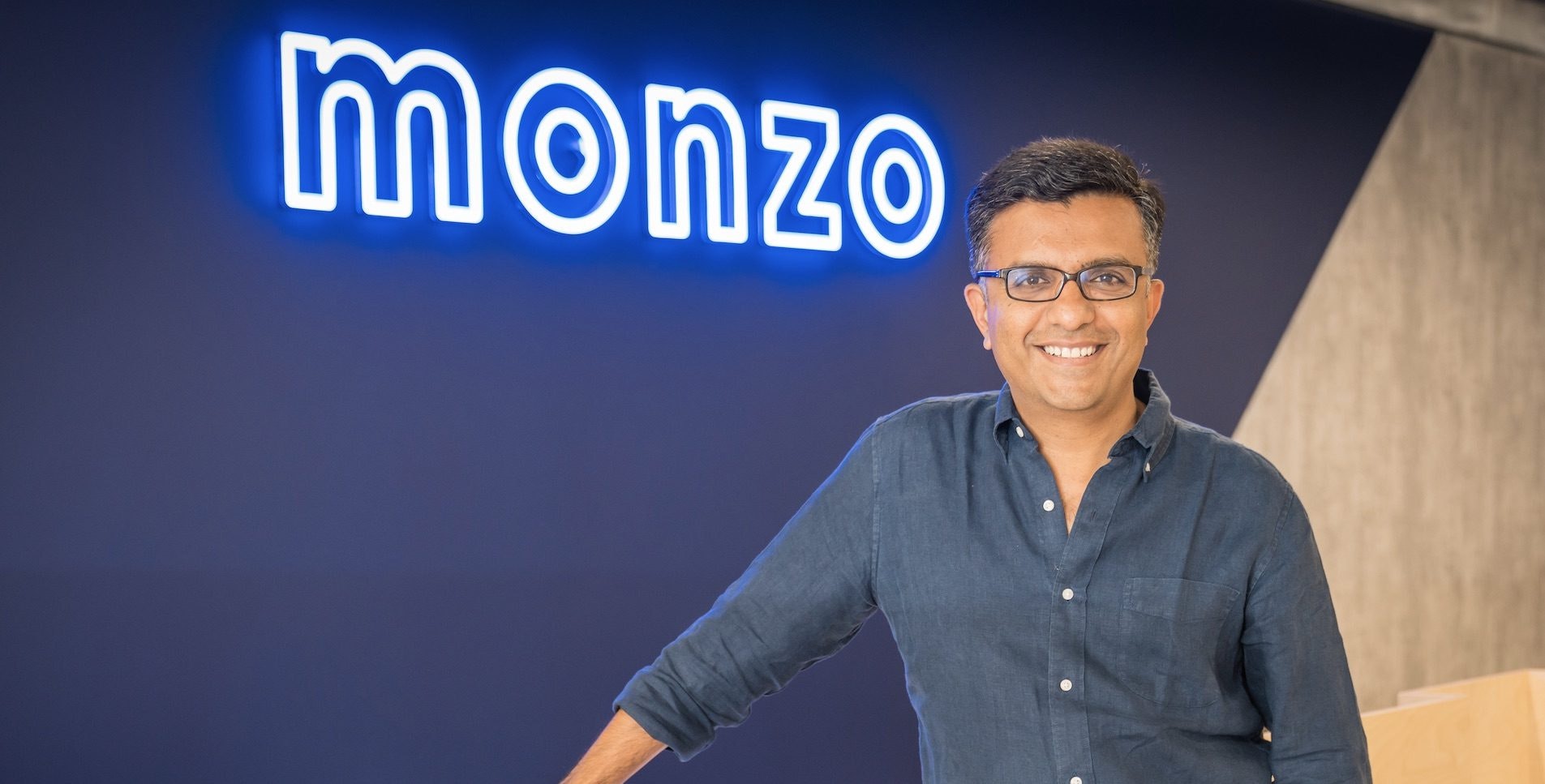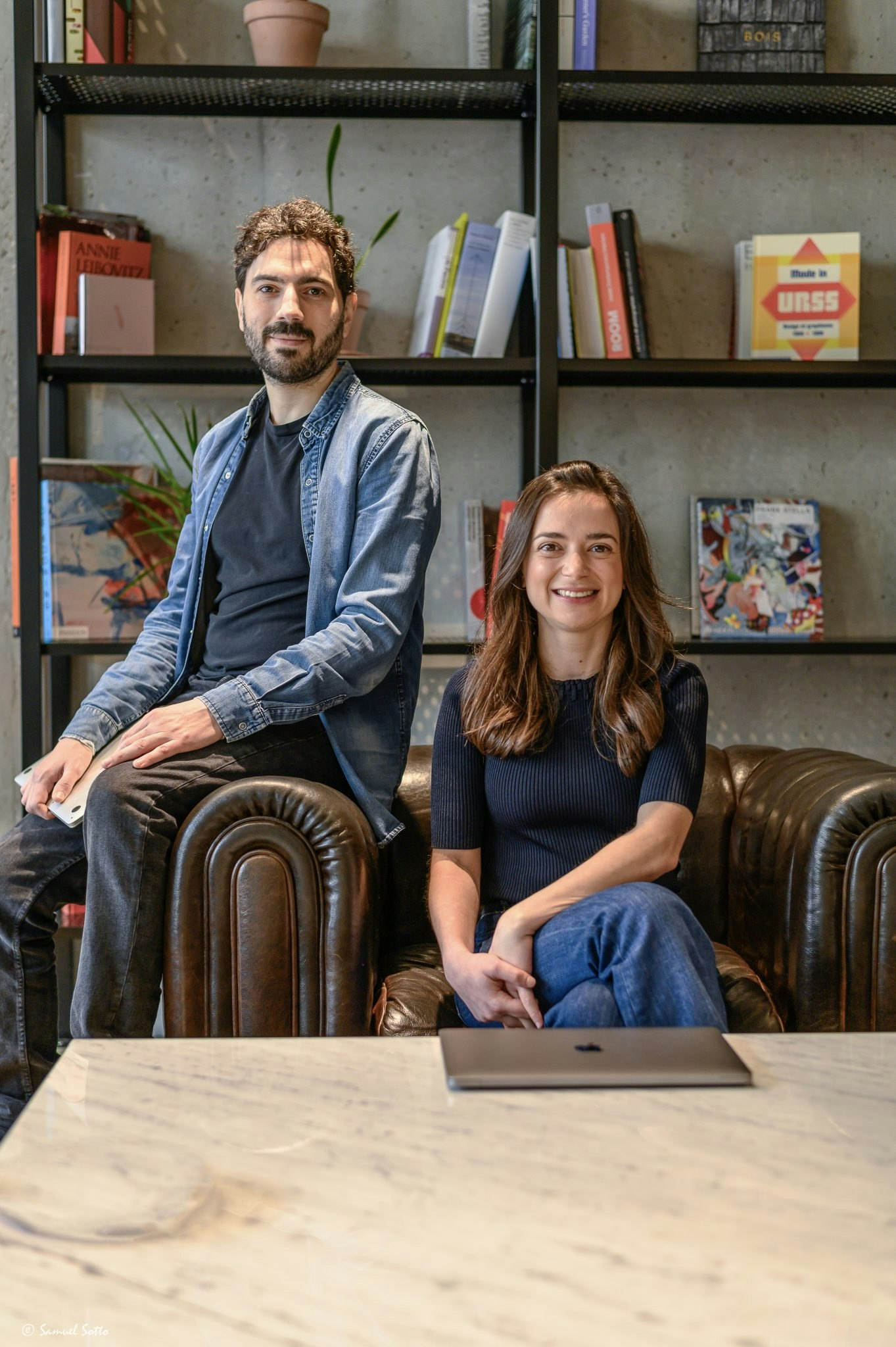When people say "superapp", they’re often referring to apps like China’s WeChat — a one-stop-shop that lets users access everything from food orders to insurance payments.
Despite the success of Asian superapps like Grab and Gojek, no real equivalent exists in North America or Europe. Is no one giving users what they want, or do European consumers just not desire a super app?
Who are the contenders in Europe?
So far, four European startups have made their superapp intentions clear: Klarna, Revolut, Bolt and Lydia. Three out of the four are fintechs: unicorns Klarna, Revolut and Lydia. Bolt started in transport then launched food delivery.
They all burst onto the scene in the 2010s, promising they’d be faster, cheaper and better than legacy providers. Fast forward to 2022 and they’re all pursuing a multi-product strategy, which should prove more resilient to changes in consumer trends and market headwinds — like the effect of Covid lockdowns on mobility, or cryptocurrency crashes on trading volumes.
Klarna
Klarna hasn't ever publicly said it's vying for superapp status, but all its acquisitions and product rollouts point to something like that. When Klarna acquired comparison site PriceRunner last November, it made its ambition to take on Amazon, Google and Facebook clear. It offers banking services like current accounts and savings only in its most mature markets, Sweden and Germany — but it wants to roll them out globally. Its customer base is substantial, but it faces a huge challenge trying to get its buy now, pay later customers to switch from their legacy banking providers or neobanks to a current account with Klarna.
Lydia
When fintech Lydia raised a $133m Series B last December, cofounder and CEO Cyril Chiche told Sifted that the company was now racing Revolut for financial superapp status. “The superapp is really the future of banking services as we know them,” he said. Lydia recently launched crypto trading and savings functions, and is plotting new credit and investment products. But it’s only really taken off in France, and has a fraction of the customer numbers of the other three contenders. It’s still predominantly focused on payments, and the market entries it's plotting — Portugal and Spain — are already served by larger rivals like Revolut.
Bolt
Estonian Uber-rival Bolt describes itself as "Europe's leading mobility platform and first superapp". It’s raised big cash in quick succession for its plans to expand its offering in ride-hailing, scooter rental, car sharing and food and grocery delivery. Andrew Reed, partner at Sequoia, one of the company’s big-name investors, tells Sifted that this multi-product offering is all part of its goal to reduce the need for private car ownership in urban areas. “Offering just one of these solutions is not enough to enable such a broad mission,” Reed says. But its food and grocery delivery plans are still in their infancy — and will prove tricky to win customers from more established rivals like Uber Eats, Deliveroo, Gorillas and Getir.
Uber, although HQ’d in the US, is also worth a mention for its superapp ambitions in the European market. It’s picked the UK as a launch pad for its planned move into a one-stop-shop travel app, offering everything from taxis to long-distance flight bookings — on top of its food delivery business Uber Eats.
Revolut
Most investors agree that the closest thing Europe has to a super app so far is Revolut. The fintech openly refers to itself as a "financial super app", and has launched 54 products, ranging from debit cards and bank accounts to crypto trading, holiday insurance and even business banking. And as of last week, it's branched into commerce with the launch of shopping app Revolut Shops in Ireland.
Unlike it neobanking peers Monzo and N26, Revolut has pursued a multi-product strategy from the outset that included international money transfers years before its competitors. This one-stop convenience has led to its customer base being at least double either rival.
The business case for launching more products in-app is strong, because it’s more expensive to acquire new customers than it is to try and sell existing ones something more.
“What Revolut has proven is that a lot of the company’s growth is organic, product-led growth,” says Ricardo Schäfer, partner at Revolut backer Target Global. “Instead of spending on marketing, through launching new products you create virality and acquire new customers.
“But building a superapp is really hard. You need a data-driven mindset where you’re constantly shifting and you just drop a product that doesn’t work.”
Regulatory challenges
Even if one European app did manage to capture enough users for a multi-product offering, they’d be up against another challenge: the fragmented regulatory landscape.
“In Europe there are stricter privacy laws limiting the use of the third party data that many of the Asian superapps rely on,” Magda Posluszny, investor at Lakestar, tells Sifted.
“Since strictly regulated financial service providers have a lot at stake with their core businesses, it limits the speed at which they can launch new products and services — which leaves opportunity for new players to emerge and grow.”
All the investors Sifted speaks to point to WhatsApp as the biggest example of a missed superapp opportunity in Europe. It’s the clear frontrunner when it comes to communication apps in the region, but users still haven’t been given the ability to seamlessly send money and split payments in-app. Instead, they copy and paste Monzo transfer links or still have to type out their bank details.
Investors all presume data rules and competition law must have held WhatsApp back.
Why a superapp won’t look the same in Europe
Investors say a superapp won’t look the same in Europe because apps like WeChat evolved with cellular infrastructure and smartphone adoption, locking consumers in early. In Asia, the 4G and 5G infrastructure overtook fibre internet faster than in Europe.
“If you’re Grab or Gojek, suddenly, you have a structural reason for both service providers and consumers to buy into you,” Vinoth Jayakumar, partner at Molten Ventures, tells Sifted. “Then when both parties are in your ecosystem, you’re able to cross-sell products.
“That was the case with Grab, which was originally targeting drivers. Once it had owned supply, it moved into owning demand — riders.”
Investors tell Sifted that they expect the end of the race to a superapp in Europe to look more like a relay — with separate financial, mobility and commerce superapps rather than one multi-sector app that consumers never have to leave.
Does it make sense for Uber to launch a credit card and insurance to their 100k drivers? Yes absolutely. But that doesn’t mean we will all bank with Uber
The stats show that the number of apps used regularly by a normal person in Europe is relatively low — around nine or ten, versus the 90-100 apps installed on their phones.
“I don’t think there will be a European superapp in the Chinese definition,” Joakim Dal, partner at Revolut and Klarna backer GP Bullhound, tells Sifted.
“Does it make sense for Uber to launch a credit card and insurance to their 100k drivers? Yes absolutely. But that doesn’t mean we will all bank with Uber.”
This is because the neobanks got there first. But at the same time, by the point that Revolut, Klarna and Bolt arrived on the scene, ecommerce in Europe was already dominated by Amazon, and mobility was dominated by Uber.
“It comes down to which companies offered what proposition at what time and therefore locked in customers,” Schäfer says. “We’re past that point in Europe.”
Amy O’Brien is Sifted’s fintech reporter. She tweets from @Amy_EOBrien and writes our fintech newsletter — you can sign up here.


